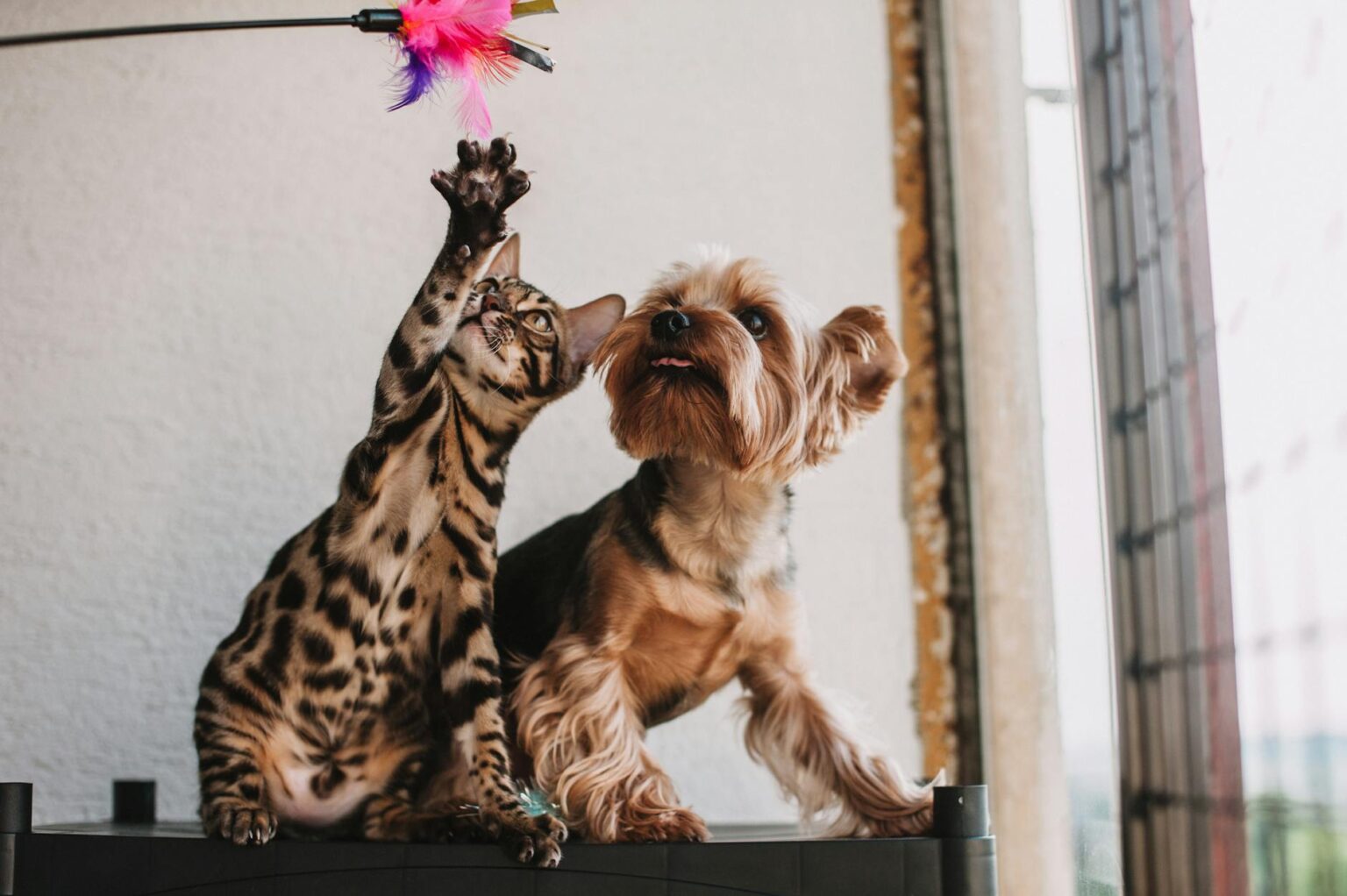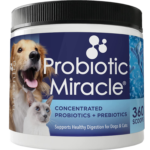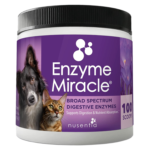My pet’s poo poo is too smelly
5 Tips to Reduce Stool Smell
16 July 2024 | Chin

Cats and dogs are beloved pets, but their smelly stools can be a challenge for pet owners especially when the pets are kept indoors. And often using air deodorants do not really cover or eliminate the smells for long term or solving the root cause. Understanding the causes of the odor and how to manage it can make living with pets more pleasant and hygienic.
Why Cat and Dog Poo Are Smelly
- Diet: The food your pet eats plays a significant role in the smell of their stools. Low-quality food with fillers can lead to foul-smelling waste due to poor digestion of fillers in the pet’s GI tract
- Digestive Issues: Gastrointestinal problems such as infections, parasites, dysbiosis in gut or food intolerances can result in unusually smelly stools.
- Lack of Hydration: Dehydration can cause hard, smelly stools as the body struggles to process waste effectively.
- Medical Conditions: Certain medical conditions, such as pancreatitis or liver disease, can produce foul-smelling stools.
- Poor Dental Health: Bad oral hygiene can affect digestion and result in smelly stools due to improper breakdown of food.
What Can Be Done to Reduce the Stool's Smell
- High-Quality Diet: Feed your pets high-quality, balanced diets rich in essential nutrients and low in fillers to ensure healthier digestion and less smelly stools. For example, cats are carnivores, and they need a meat-based diet instead of foods high with grain.
- Regular Vet Checkups: Schedule regular veterinary visits to catch and treat any underlying health issues that could be causing smelly stools. Besides that, clinics sometimes also able to provide individualized diet course for the pets to improve digestion.
- Proper Hydration: Ensure your pets always have access to fresh water to prevent dehydration and promote better digestion. Cats are known to drink less water; therefore approaches should be taken such as provide them with clean water or running water, as well as wet food for sometimes.
- Probiotics and enzymes: Incorporate probiotics into your pet’s diet to support a healthy gut microbiome, which can reduce stool odor. Enzyme helps to breakdown not only nutrients in food for better absorption, but also helps with breaking down toxins too, reducing the smell of the stool.
- Good Hygiene Practices: Regularly clean your pet’s living and elimination areas to minimize lingering smells and maintain a fresh environment. It is important to keep your pet’s own cleanliness too, for example, regular grooming or hair trimming for pets are important especially for long haired pets.
Product recommendations:

Probiotic Miracle
The top 5 favourite probiotics in the US. Each scoop provides 1billion CFU probiotics. Formulation is based on six probiotic species tested in dogs and cats that performed best.

Enzyme Miracle
A broad spectrum, vegetarian enzyme supplement to streamline your pet’s digestion and food metabolism. Providing 6 enzymes completely digest your pet’s food into usable nutrients, and readily utilized by the pet’s body.
GTF Worldwide Sdn Bhd
- No. 20-2, Plaza Danau 2, Jalan 5/109F, Taman Danau Desa, 58100 Taman Desa, Kuala Lumpur, Malaysia.
- (03) 7982 9881
- (012) 483 5523
- info@gtf.com.my
